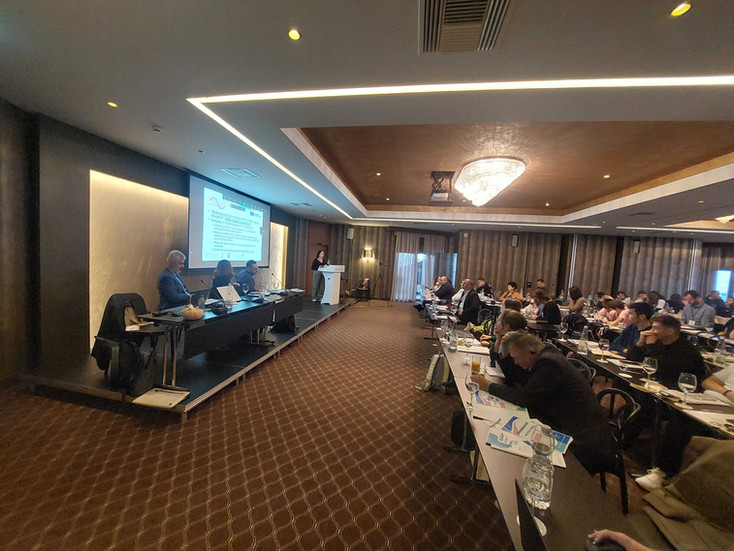
The BriGRETE project participated in the Final Event of Future Integrity Leaders to explore a shared question: how can integrity education in schools connect with integrity in research and academia?
FIL strengthens a culture of integrity in school communities, students, teachers, and parents, through practical methods and digital learning resources, including a focus on integrity-related civic responsibility and futures-oriented thinking.
BriGRETE, working in higher education, advances accessible research ethics training, strengthens collaboration with Research Ethics Committees (RECs), and supports responsible approaches to emerging areas such as AI research through training, tools, and engagement activities.
A central moment of the visit was the BriGRETE presentation delivered by Evagelia Vanezi (University of Cyprus), highlighting how ethics education can be scaffolded across educational stages—so that integrity is not a “one-off topic,” but a competence that develops from the classroom to the laboratory.
The discussion concluded on a shared premise: integrity is learned through practice, supported by systems, and sustained through education, making the bridge between school integrity and research integrity both timely and necessary.

























































































